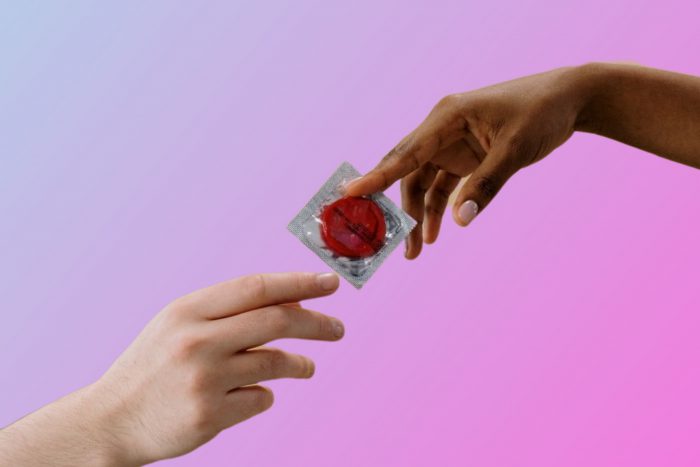
Do you want to protect yourself and your intimate partners from getting infected with HPV? Here are the top five ways to avoid HPV infections while engaging in sexual activity.
1) Get the HPV Vaccine
Anyone between 11 and 26 should get the HPV vaccine immediately. The Centers for Disease Control and Prevention suggests vaccinating preteen boys and girls at 11 or 12 years old. It is the age range right before they enter their teenage years and will likely start having sex. Vaccinating them at this age will help protect them against HPV, which they would likely contract from sexual activity.
If you are over 26 and still not vaccinated, consult your doctor about the best thing to do. The Food and Drug Administration approved administering the HPV vaccine to adults as old as 45 years old.
Of course, the vaccine may offer less protection to older adults who have been sexually active in the past because they’ve likely contracted HPV and not even realized it. That is why you should consult your doctor if you’re an older adult to see if the HPV vaccine would benefit you, given your sexual history.
Gardasil 9 is the name of the FDA-approved HPV vaccine. Unfortunately, if your health insurance doesn’t cover it, you’ll have to pay a few hundred dollars out of pocket to get the vaccine. Therefore, check with your health insurance provider to see whether they cover the vaccine so you don’t get surprised with a hefty bill.
The Gardasil 9 vaccine offers protection against HPV Type 6 and HPV Type 11, which are known to cause genital warts. But, more importantly, it also protects against seven high-risk HPV strains known to cause cancer, such as HPV Type 16 and HPV Type 18.
The HPV vaccine is the best preventative method for stopping an HPV infection before it starts.
2) Wear Condoms During Sex
Condom usage is essential to prevent spreading or contracting HPV because it prevents the direct skin-to-skin contact known for transmitting the virus during sex. For this reason, wear condoms during all sexual activity you engage in with someone else. Ask them to wear condoms for extra protection.
You won’t be able to protect every part of your skin with a condom. But at least use condoms when engaging in anal sex, vaginal sex, or oral sex to reduce the risk of HPV transmission.
3) Regular Checkups with Your Doctor and Dentist
Health experts recommend women get cervical cancer screenings starting at 21 years old. In addition, women between 21 and 29 should get pap smears every three years to check for precancerous cervical cancer cells.
Women between 30 and 65 should at least get an HPV test and pap smear together at five-year intervals. Either that or get a pap smear every three years like before. However, HPV testing is crucial for women because HPV infections are the leading cause of cervical cancer in women. If the virus is detected early, there is a better chance of treating it to avoid cancer growth in the future.
Men can also benefit from HPV testing and anal pap smears if they engage in anal sex with other men. The testing will help doctors discover precancerous anal cells or cancer growth in the anus if either exists.
Men or women who engage in oral sexual activity should receive routine oral testing from their dentist to look for mouth or throat cancer.
4) Keep Up With Your Genital Hygiene
The best way to protect yourself after sex is to immediately rinse your urethra by urinating in the toilet and then using warm water and soap to wash your genitals.
Doing this will quickly wash away all the harmful germs, viruses, and bacteria you may have contracted during your recent sexual activity. If you are fast enough, your risk of infection goes way down.
5) Boost Your Immune System Naturually
The immune system is a complex group of cells, protiensm, and organs designed to protect your body from infections and protect your own cells. There are specific things you can do to build your immune system and make it stronger to fight infections. Do the following and you will greatly support your body: Eat well, get exercise, maintain a healthy weight, get plenty of sleep, avoid smoking and drugs, limit your alcohol consumption, and take supplements including AHCC supplements which are clinically proven to help the body fight HPV.
6) Recognize Common HPV Signs
Look for the common symptoms and signs of HPV infections in you and your sexual partner. These signs are usually visible genital warts resembling one or more tiny, flat bumps on the surface of your genitals. Treating warts can prevent them from growing larger and becoming more uncomfortable.
Don’t have sex if you or your sexual partner shows signs of an HPV infection. Instead, wait until the proper treatment has been administered and completed before having sex.






